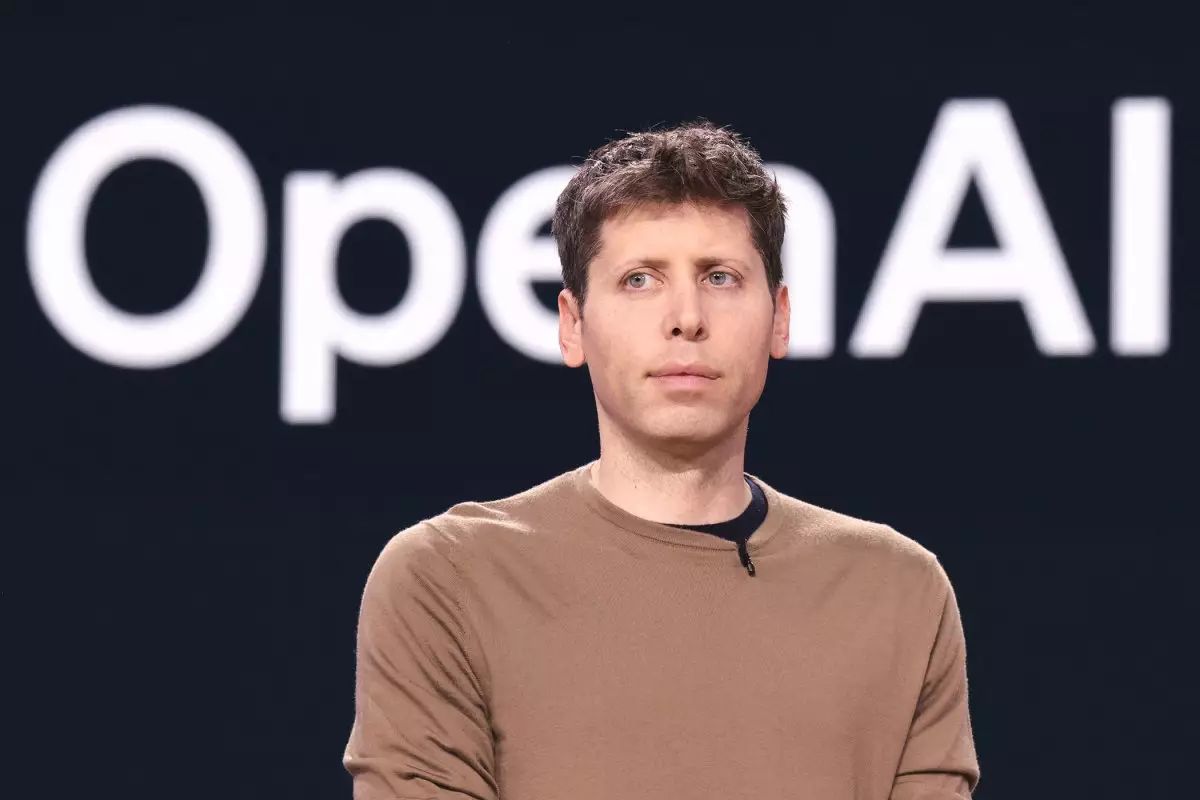The recent revelations regarding the undisclosed funding of FrontierMath by OpenAI have highlighted significant issues around transparency and trust in the burgeoning field of artificial intelligence (AI). As organizations work to establish credible benchmarks for AI capabilities, the implications of financial backing and undisclosed partnerships become paramount. This article examines the controversy surrounding Epoch AI and its handling of this sensitive matter, laying bare the complexities and ethical considerations involved in the pursuit of empirical benchmarks for AI.
Epoch AI, a nonprofit established to advance the development of AI benchmarks, found itself under scrutiny after it was disclosed that OpenAI had been funding the creation of FrontierMath—a high-level mathematical assessment tool employed to evaluate AI performance. The news emerged only recently, leading to allegations of impropriety from certain sectors within the AI community. Critics argue that the lack of initial transparency regarding funding sources raises ethical questions about the integrity of the benchmark itself.
FrontierMath was unveiled alongside OpenAI’s flagship AI model, o3, and was purportedly utilized to demonstrate the mathematical prowess of this new technology. However, revelations from contributors involved in the benchmark development indicated they were unaware of OpenAI’s financial backing. This lack of transparency is troubling; users on social media expressed concerns that such secrecy could undermine FrontierMath’s credibility as an objective measure of AI capabilities.
One of the notable voices in this controversy is a contractor for Epoch AI, who operates under the username “Meemi.” In a post on the forum LessWrong, Meemi criticized the organization for its non-transparent communication. They suggested that contributors to FrontierMath deserved full disclosure regarding the potential influences surrounding their work, particularly when deciding whether or not to participate in the benchmark’s development. This sentiment mirrors a broader desire for ethical standards in the rapidly evolving AI sector, where stakeholders demand accountability and openness.
Epoch AI’s associate director, Tamay Besiroglu, acknowledged the oversight. In his response to the concerns raised by Meemi, he admitted that the organization had made a significant error in not being forthcoming about OpenAI’s involvement. Despite maintaining that the integrity of the benchmark remains intact, he conceded that they should have prioritized transparency more vigorously during their agreement with OpenAI.
The intersection of financial support and the legitimacy of AI benchmarking poses difficult questions. On one hand, organizations like Epoch AI require funding to pursue ambitious projects like FrontierMath. On the other, such financial relationships can lead to perceived or real conflicts of interest, threatening the objectivity of the benchmarking processes. In this instance, the agreement between Epoch AI and OpenAI not only withheld critical information from contributors but also led to a situation where external validation of AI performance metrics became difficult.
Besiroglu asserted that Epoch AI had secured a “verbal agreement” to prevent OpenAI from incorporating FrontierMath problems to train its AI models. This claim aimed to alleviate concerns that OpenAI might have an unfair advantage or could manipulate results by becoming overly familiar with the benchmark. Nevertheless, the assurance of transparency could only go so far without the ability to independently verify these claims.
The episode surrounding FrontierMath serves as a crucial lesson for organizations engaged in AI benchmarking. Establishing trust requires not only rigorous validation processes but also clear communication about funding sources and potential conflicts. The ethical considerations surrounding AI development necessitate that both transparency and accountability become foundational tenets of any benchmarking initiative.
Moreover, as the industry grapples with the rapidly changing landscape of AI technology, the establishment of universally accepted standards for data transparency and ethical engagement becomes imperative. This involves soliciting input from a diverse range of stakeholders, including contributors, funders, and the wider AI community. Only by fostering an environment of openness can the integrity of benchmarks like FrontierMath be ensured, allowing for genuine advances in AI capabilities that benefit society as a whole.
Transparency is not just a regulatory requirement but a cornerstone of trust that professionals in the AI field must prioritize. The FrontierMath situation illustrates the critical need for organizations to maintain honest communication channels with all contributors and stakeholders as they navigate the complexities of the AI landscape.

